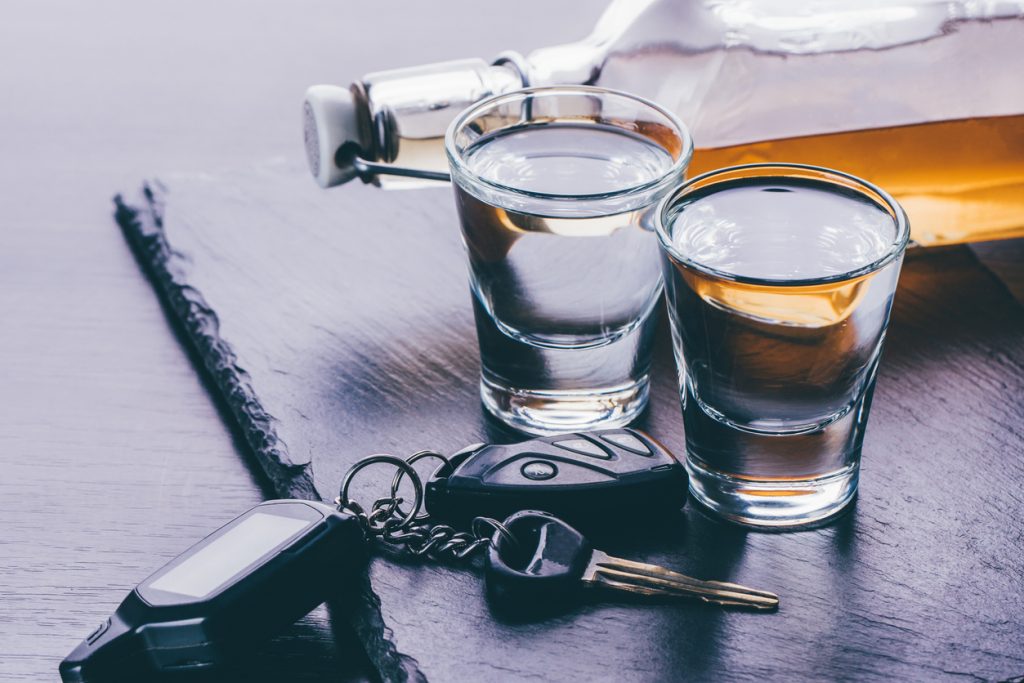Understand Your Rights. Solve Your Legal Problems


When you have been arrested for driving under the influence, you are sure to be thinking about all of the consequences you will have to face. From fines to jail time to having your license revoked, among other things, a DUI conviction is sure to shake up your life. There are a variety of defenses a lawyer who specialises in DUI cases can argue for in order to reduce your sentence or have your case completely dismissed.
There are a number of exercises that can be administered on the side of the road when you have been pulled over by a police officer for suspicion of being under the influence. Standing on one leg is a test to determine your sense of balance. You may also be asked to walk nine paces, heel to toe, and to turn on one foot before walking back nine paces. Lastly, the horizontal gaze nystagmus (HGN) may be administered. This is to detect your eyes’ ability to follow an object smoothly. During these exercises, the officer is looking for any involuntary jerking of your eyes as you try to smoothly move them from left to right.
As you can imagine, some of those field tests may be difficult for people to do even if they aren’t under the influence of alcohol or prescription drugs. If you do not regularly work out or lack coordination, then walking heel to toe may be difficult for you. Your weight and current health condition may also make it difficult for you to stand on one leg. Conversely, a skilled and athletic person may still be able to seem more sober than they are because they can balance well. So, the field tests are not entirely accurate in determining whether or not a person is under the influence.
[ymal]
Your attorney may advise challenging the field sobriety tests that you were administered when you were arrested. This is one way of developing a defense. If the officer did not demonstrate the test correctly, then that could have altered the results. Sometimes officers can fail to take into account your current state of health. If you had an ear infection during the time of your arrest, for example, it can make you fail a field sobriety test because it can interfere with your balance. The inner ear is responsible for your ability to remain upright and aware of where you are in space, and ailments such as vertigo find their source in the inner ear. It could be very difficult even for a sober person with an ear infection to pass the test.
Another defense is in regards to whether or not the breathalyser was calibrated correctly before being administered. The officer must provide testimony under oath verifying that the breathalyser was calibrated, which is necessary to do between each test. If the officer lacked breathalyser training, then that can also be used to help defend your case. Your attorney may decide to bring in an expert witness such as a police officer who conducts trainings, to explain to the judge how and why your breathalyser assessment was mishandled.
Lastly, if there was an illegal search or insufficient evidence to support suspecting you of driving under the influence, then it may have been legally wrong of the officer to pull you over. Your attorney will be able to assess the legality of your stop and will develop the best defense for your case.






